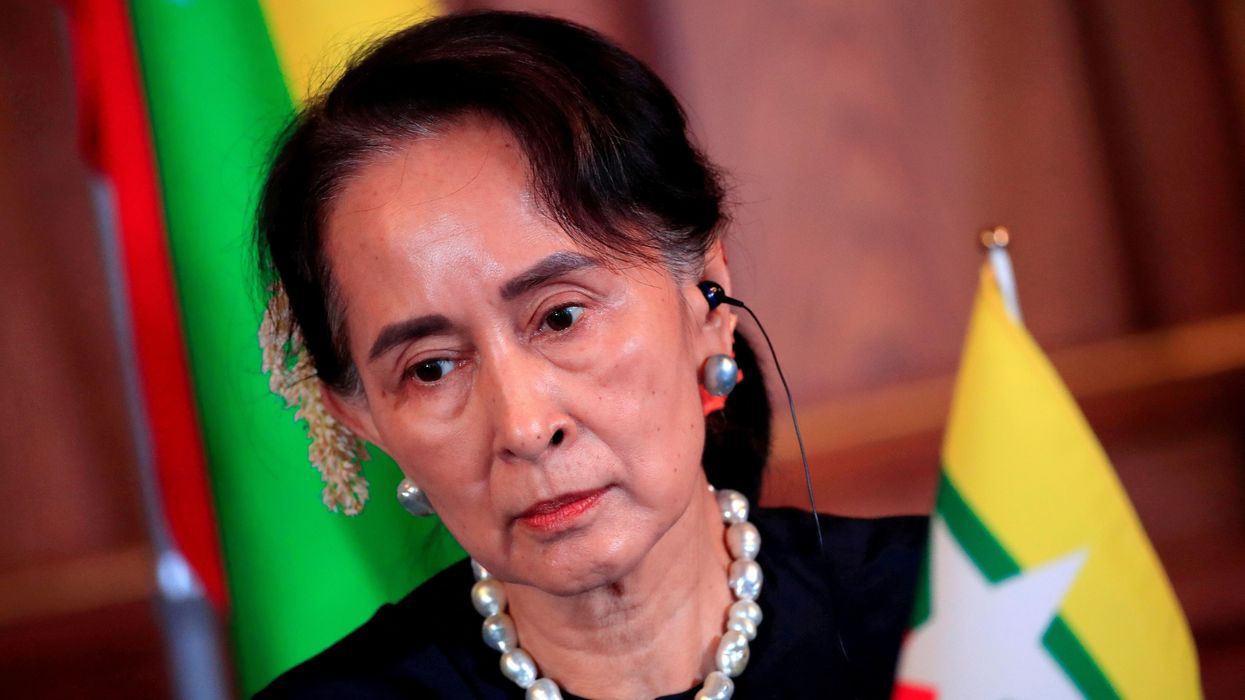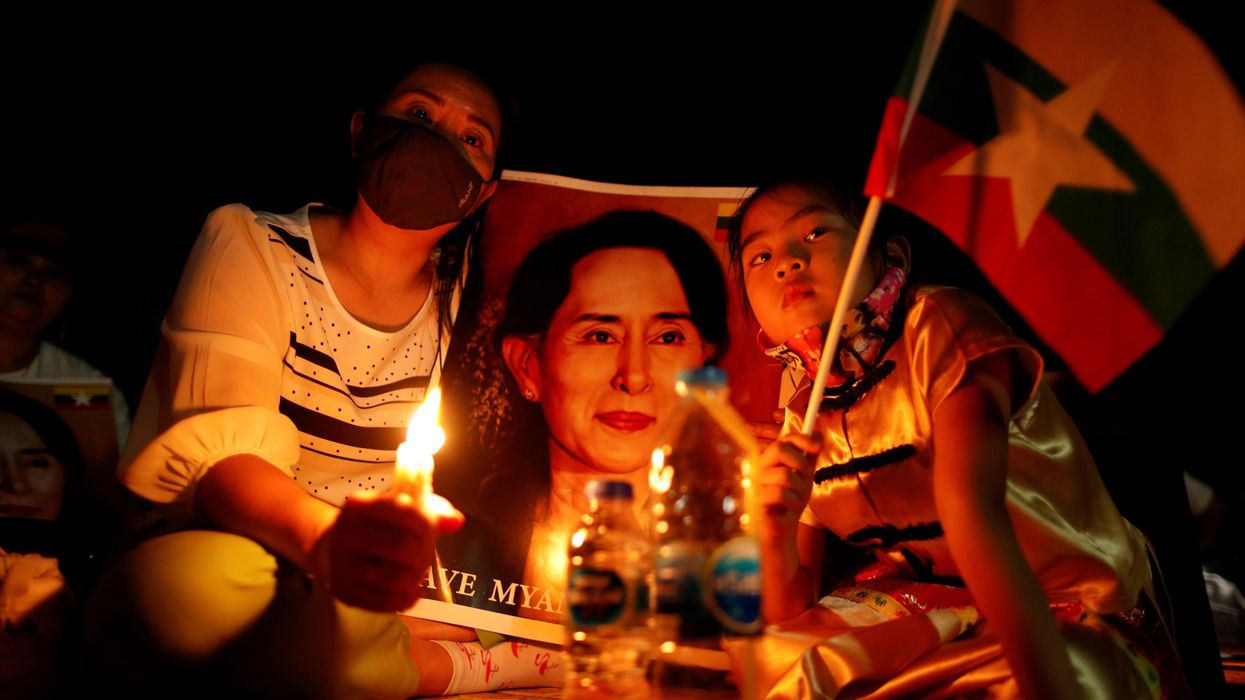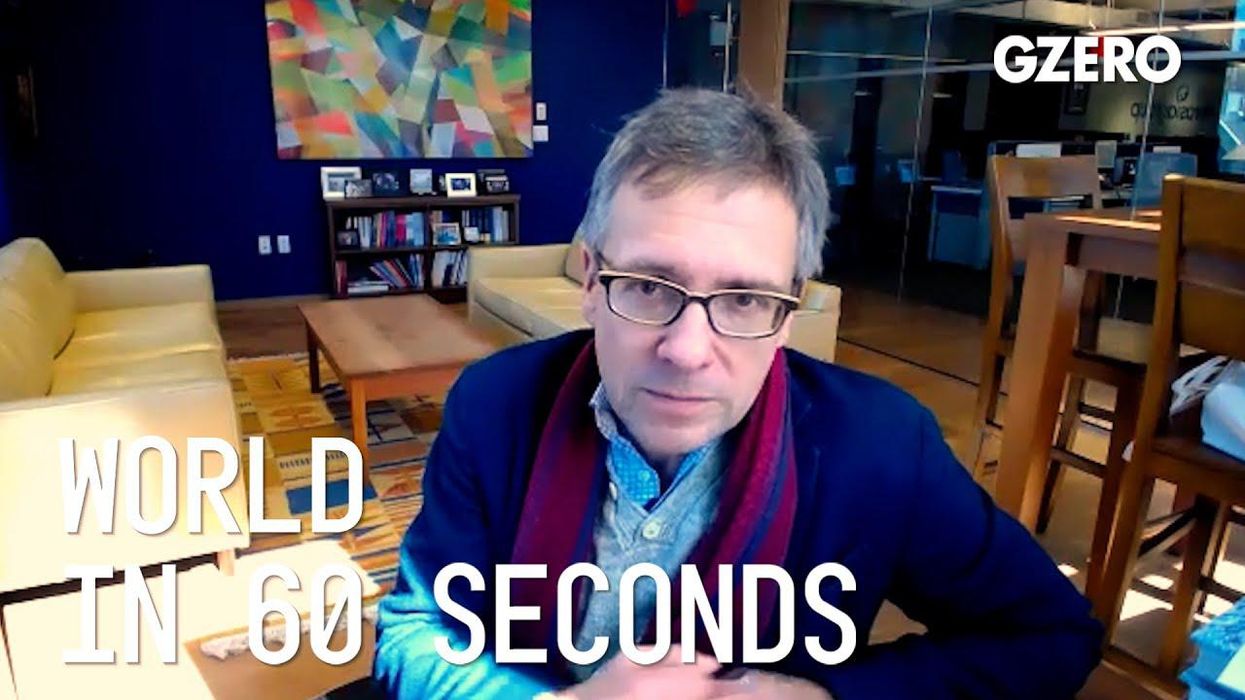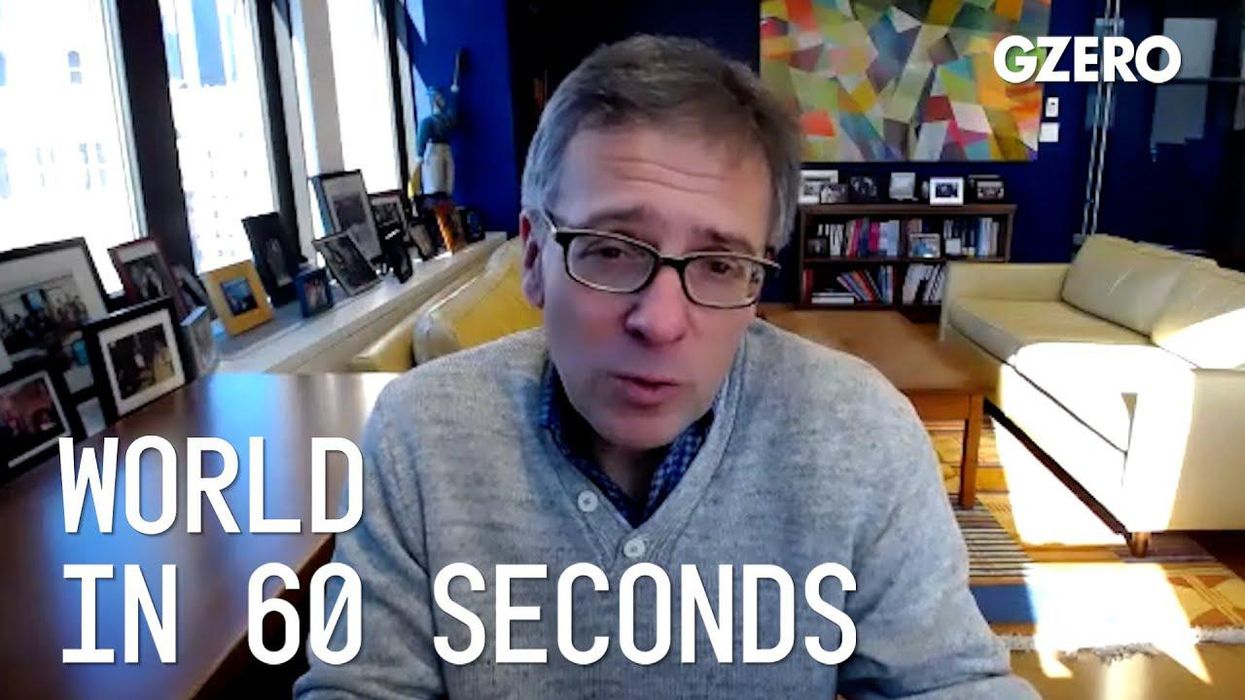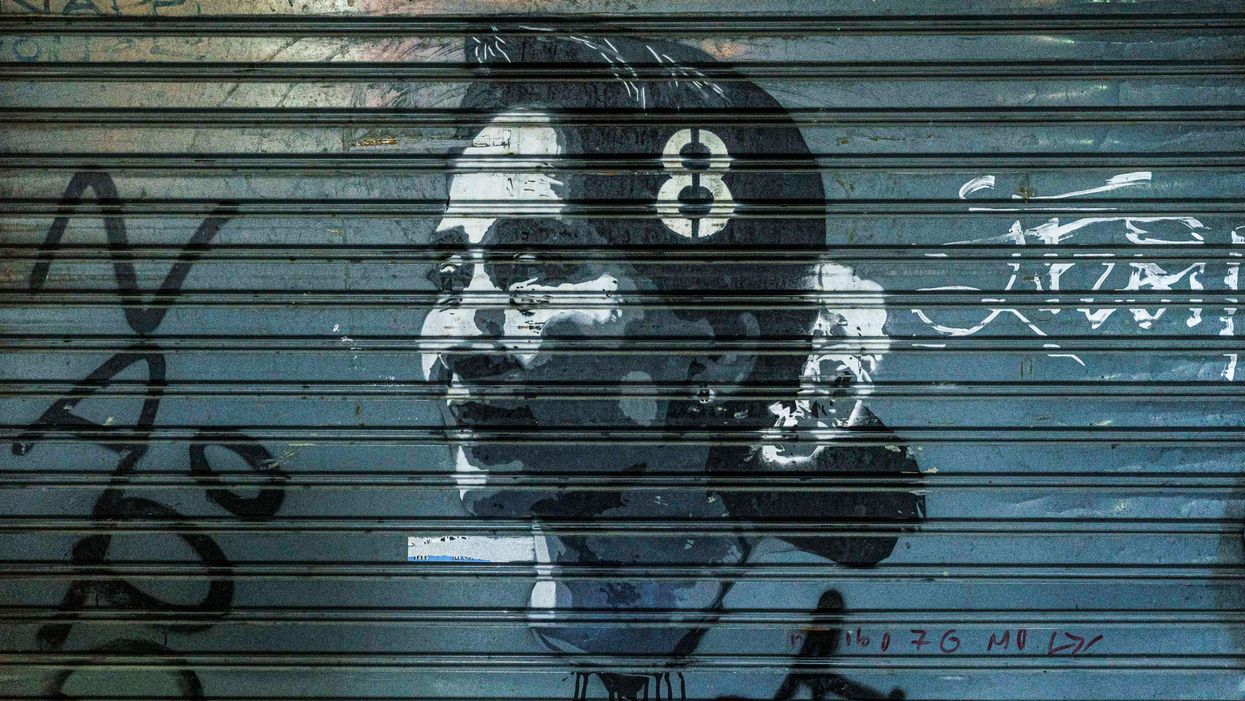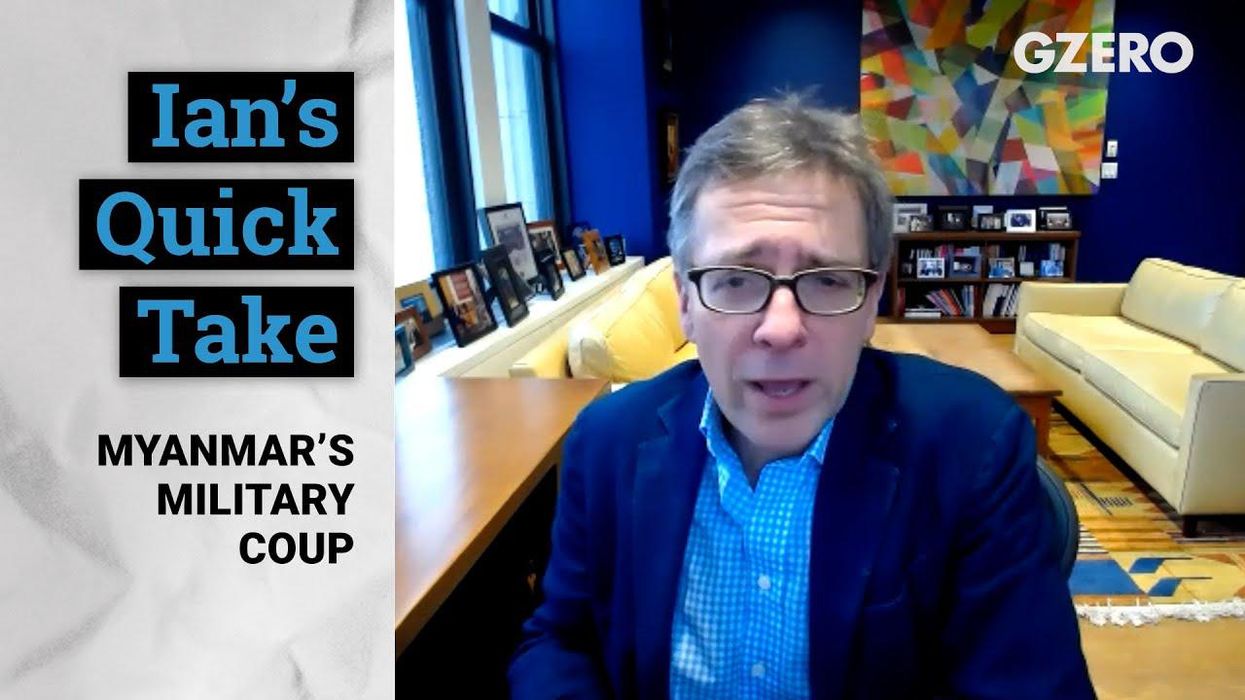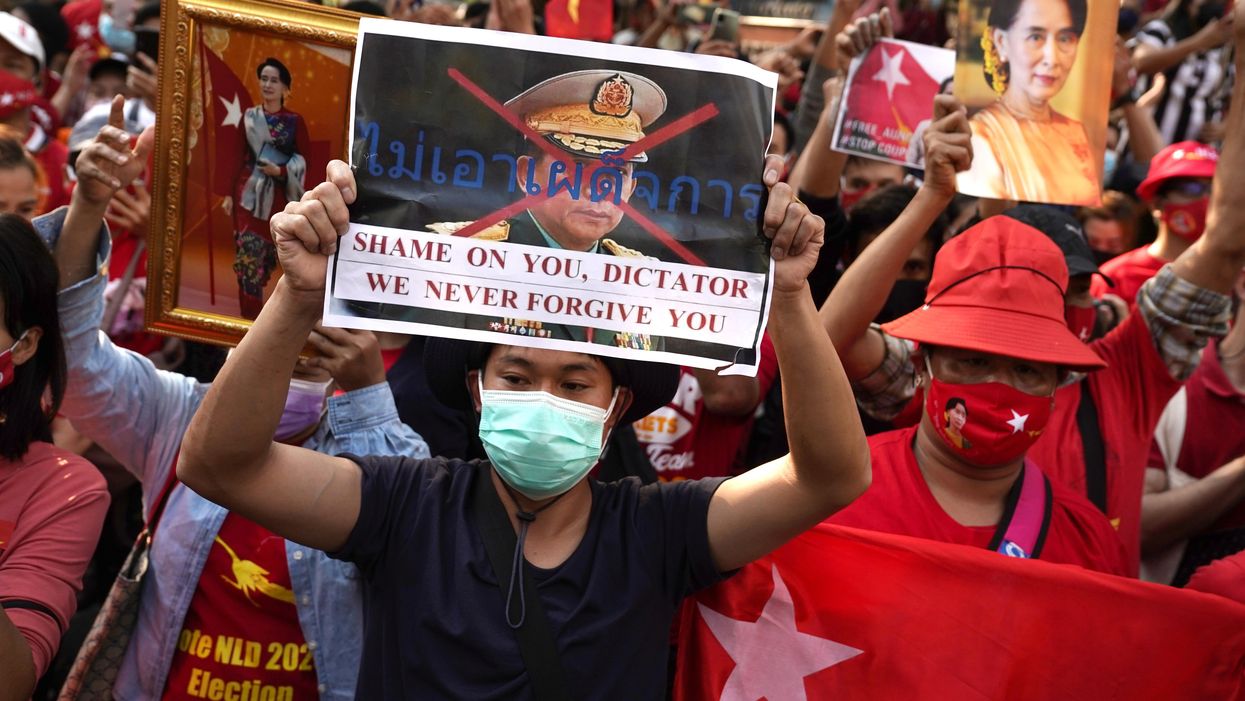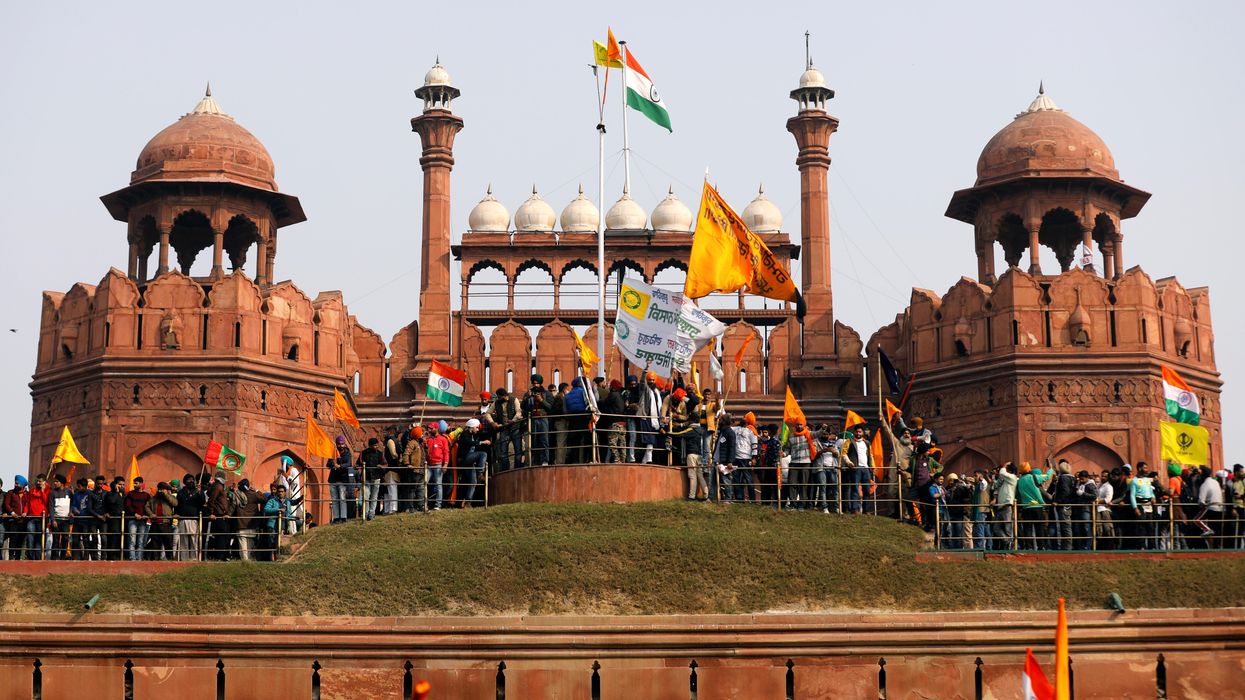News
What We’re Watching: Biden and Putin chat, Scholz takes the reins in Germany, Remain in Mexico returns, Pécresse enters the French fray, Suu Kyi learns her fate
Here's what you need to know about some of the biggest international stories this week.
Dec 06, 2021

